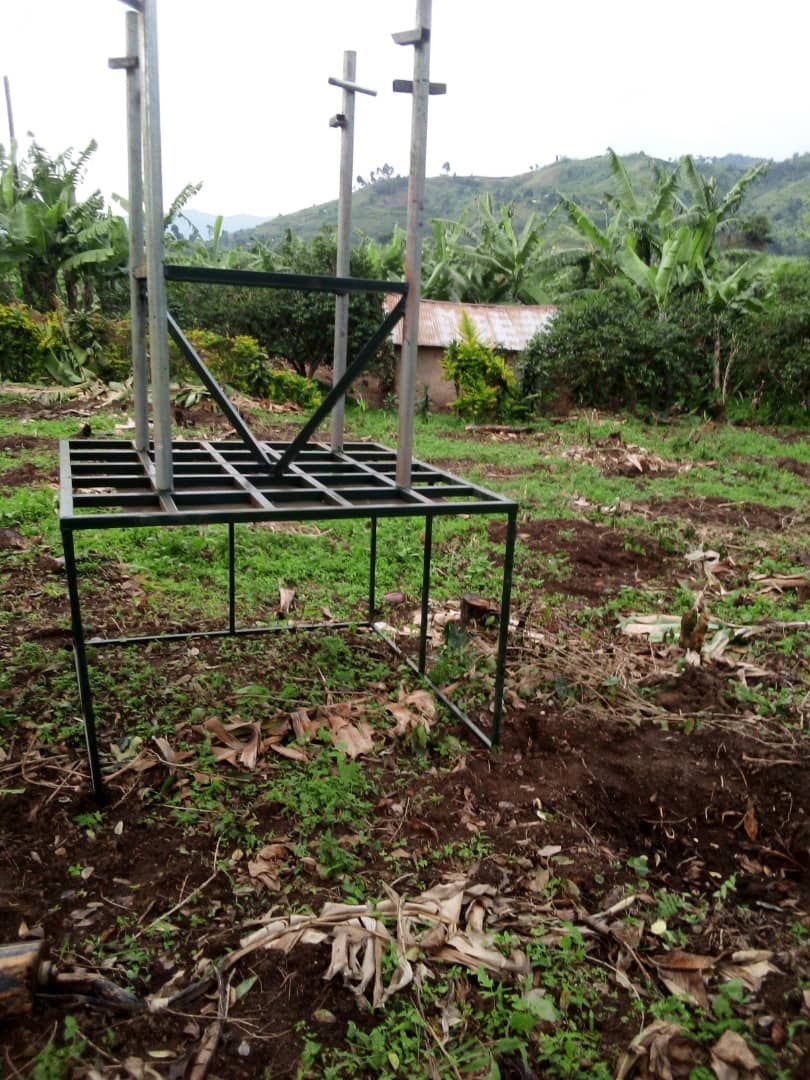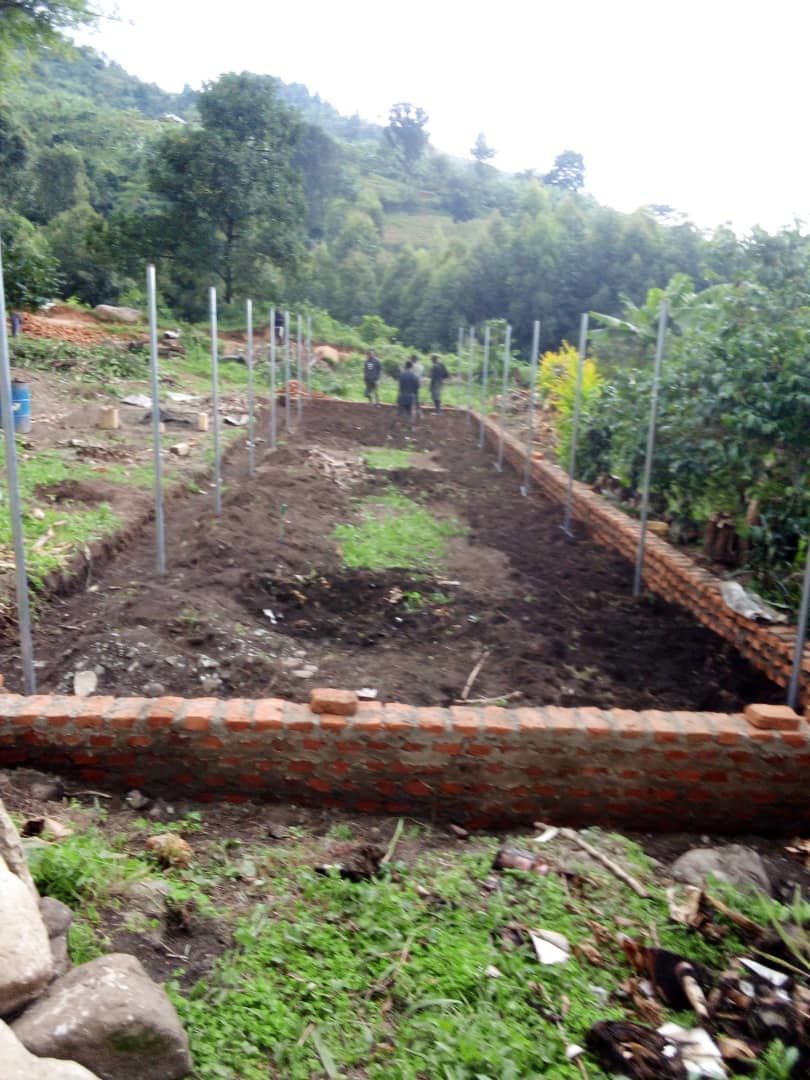Doing the needful: Effective water management

Water management
Kiboota-Kateebwa Coffee Farmer’s Cooperative Society is a farmer owned coffee cooperative society located in Kateebwa in Western Uganda. It has a membership of over 660 members. The cooperative operates under the National Union of Coffee Agribusinesses and Farm Enterprises (NUCAFE), an umbrella organization of coffee farmers, which operates to increase coffee value through the farmer ownership model. The cooperative provides farm inputs to the growers and also provides training in areas such as Good Agricultural Practices and Regenerative Agriculture as well as in financial management. The company has a lean workforce supported by casual workers during peak periods. KKCFCS has an average annual production of 52 tonnes.
The cooperative uses the wet (full washing) method for its coffee processing that involves sorting, pulping, washing, fermenting, soaking, drying and grading. Since 2019, KKCFCS has expanded its activities to include dry processing activities such as roasting, grinding and packaging. Its coffee is sold through NUCAFE.
The water for the wet processing is sourced from water vendors who collect it from a nearby river. This is not only expensive, but the cooperative was also using 20% more water in processing the coffee as compared to an industry benchmark of 1m3 per ton of cherry processed.
The cooperative needed a quick and affordable solution. With a small cost of just over 50 USD, they introduced water recirculation. This means that the water used in pulping water is recycled 3 times over 2 days before disposing off). This has resulted in a reduction in water consumption of 50% per ton of cherry processed.
The cooperative has also connected to the National Water and Sewerage Authority (NWSA) network which has also greatly reduced water costs. As the area receives adequate rainfall, with the support of the Uganda Wildlife Authority, the cooperative is seeking to harvest rainwater with a 30,000-liter tank to additionally serve the surrounding community of 60 households and a primary school.
Looking ahead, the cooperative is planning to centralize its operations at a new site in Kyarwamba village. As part of its water management plan, it will abstract water from a nearby river and has already secured a tank for water harvesting. This water can be recirculated in a similar fashion to the practice at the current site.
Backgrounder
Micro, small and medium-sized enterprises (MSMEs) make up most businesses globally, they are estimated to account for about 90 per cent of firms. MSMEs also contribute significantly to global emissions, for example through energy consumption. While GHG emissions attributable to MSMEs vary across geographies, their contribution is significant and ranges between 40 and 60 per cent.
ITC supports businesses to reduce their carbon emission and save on operating costs by helping them to become more resource efficient. Through the Resource Efficiency and Circular Production Coaching Programme, ITC's Trade and Environment team helps micro, small and medium sized enterprises (MSMEs) to develop strategies to use resources like energy and water more efficiency, and to develop circular business models. The strategies often require a large capital outlay to invest in the right infrastructure underscoring a need to support this business with access to affordable finance.
In 2021, under the Phase I of the Market Access Upgrade (MARKUP I) programme, ITC supported several coffee companies in Uganda to improve their resource efficiency and increase their environmental performance.
Under MARKUP II, ITC implements a coaching component on Resource Efficiency and Circular Production (RECP) targeting MSMEs to support them strengthen their competitiveness through the adoption of resource efficient and circular practices. This approach aims at improving the productivity and environmental performance of beneficiary MSMEs, while supporting them to lower their environmental footprint and realize cost savings. In the first year of MARKUP II, the RECP component focused on the coffee value chain in Uganda, Kenya and Rwanda.




